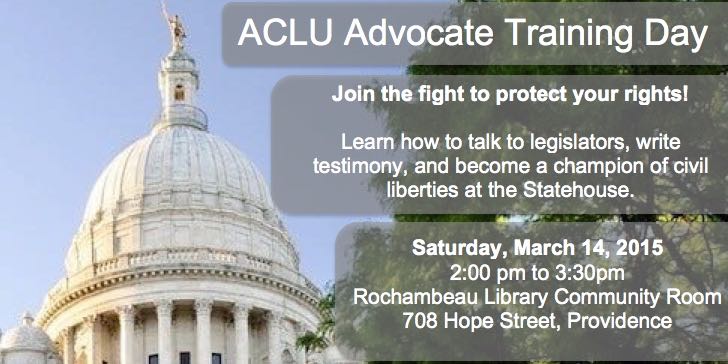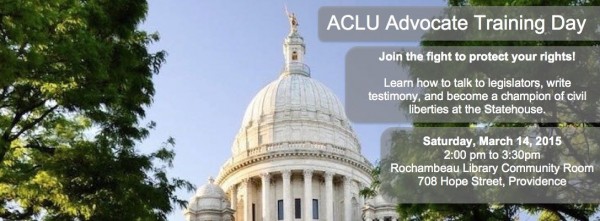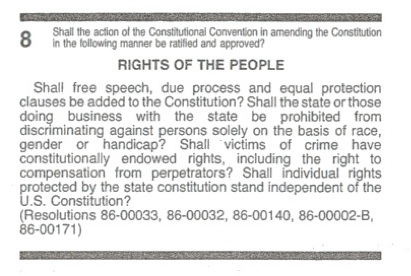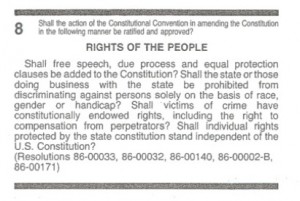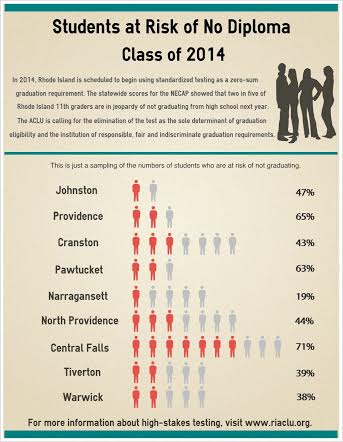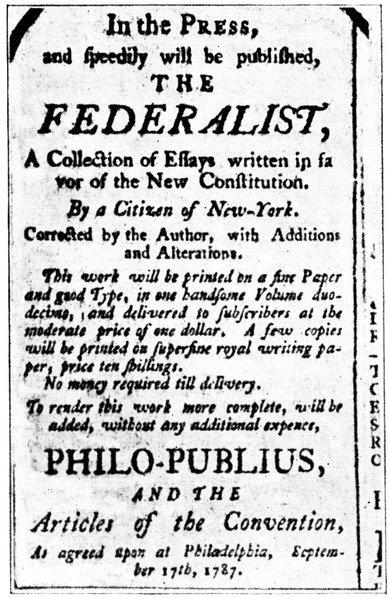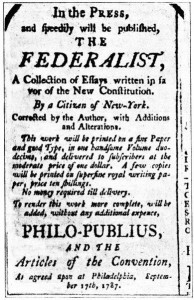 The ACLU of Rhode Island and a coalition of 11 other organizations representing youth, parents, the disability community, and civil rights activists Tuesday filed a formal petition with the state Council on Elementary and Secondary Education to initiate a public rule-making process to bar school districts from using high-stakes testing as a graduation requirement or grading tool before 2020.
The ACLU of Rhode Island and a coalition of 11 other organizations representing youth, parents, the disability community, and civil rights activists Tuesday filed a formal petition with the state Council on Elementary and Secondary Education to initiate a public rule-making process to bar school districts from using high-stakes testing as a graduation requirement or grading tool before 2020.
After the Rhode Island General Assembly approved a moratorium last year on the use of high-stakes testing until at least 2017, the Council, with support from the Commissioner of Education, proposed to continue the moratorium until 2020 in order to ensure students, parents, and teachers had adequate time to prepare for the new PARCC test. However, in adopting final regulations, the Council reversed itself and instead gave school districts the authority, if they chose, to institute high-stakes testing with the class of 2017. Shortly thereafter, the Commissioner unilaterally advised districts that they could also begin using PARCC scores as a component of students’ grades as early as this coming year. These developments prompted our petition.
Under the Administrative Procedures Act, the Council has 30 days to respond, either by denying the petition or by initiating a rule-making process where the public can testify and the Council can consider whether to accept, modify, or reject the proposal. Accepting the petition would provide the public with its first real opportunity to discuss the Council’s expedited schedule for use of the PARCC.
In the letter accompanying the petition, we pointed out that across the country school districts are encountering problems with the implementation of statewide standardized testing; more parents, teachers, and students are opposing such testing; and the number of states using PARCC had declined from 25 to 13 in just a few years. Waiting until 2020 to use PARCC scores against students was necessary in order to give RIDE and school districts “adequate time to put the instructional and other supports in place to give every student a fair chance to pass the PARCC.”
In addition to the ACLU of RI, the Coalition to Defend Public Education, George Wiley Center, NAACP Providence Branch, National Association of Social Workers/RI Chapter, Parent Support Network of Rhode Island, Parents Across Rhode Island, Providence Student Union, Rhode Island Disability Law Center, Rhode Island Teachers of English Language Learners, Tides Family Services, and Young Voices signed on to the petition.
We emphasized to the Council that it did not need to take a definitive stand on the merits of the petition in order to initiate rule-change proceedings. “Although we hope to ultimately convince you of the merits of this rule change, we trust you agree it is at least worthy of a full public discussion, and of one sooner rather than later,” our letter stated.
Jean Ann Guliano, from Parents Across Rhode Island, said: “Once again, the state has implemented a top down mandate without providing parents a meaningful mechanism to hold districts accountable. Districts are simply not providing students – particularly those living in poverty, or with special needs or limited English proficiency — the supports that RIDE requires districts to provide and that students need to do well on the PARCC. Students should not be the ones held accountable for poor testing preparation. This policy needs to change.”
For more on the ACLU’s efforts to halt high-stakes testing in Rhode Island, visit our issues page here.




